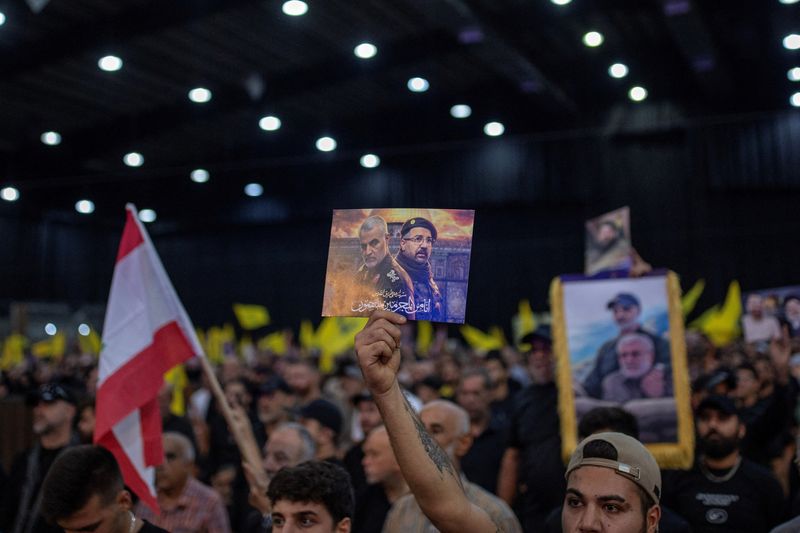US has communicated need to not escalate conflict to Iran and Israel, says Blinken
2024.08.06 19:28
By Idrees Ali, Simon Lewis and Phil Stewart
ANNAPOLIS, Maryland (Reuters) – The United States has communicated to Iran and Israel that conflict in the Middle East must not escalate, Secretary of State Antony Blinken said on Tuesday, amid fears Tehran and its proxies are preparing to launch retaliatory strikes on Israel.
Officials had been in constant contact with allies and partners in the region and there was a “clear consensus” that no one should escalate the situation, the top U.S. diplomat said.
“We’ve been engaged in intense diplomacy with allies and partners, communicating that message directly to Iran. We’ve communicated that message directly to Israel,” Blinken said.
The United States will continue to defend Israel against attacks, Blinken said, but noted that everyone in the region should understand the risks of escalation and miscalculation.
“Further attacks only raise the risk of dangerous outcomes that no one can predict and no one can fully control.”
Blinken, following a meeting involving U.S. Defense Secretary Lloyd Austin and their Australian counterparts, also said talks to achieve a ceasefire and hostage deal on the war in Gaza had reached their final stage and should end very soon.
Ismail Haniyeh, the political leader of Palestinian Islamist group Hamas, was assassinated in the Iranian capital of Tehran last week. The attack drew threats of revenge by Iran on Israel, which has not claimed responsibility.
Coupled with the killing of the senior military commander of the Lebanese group Hezbollah, Fuad Shukr, by Israel in a strike on Beirut last week, concern has intensified that the conflict in Gaza is turning into a wider Middle East war.
Iran has said the U.S. bears responsibility in the assassination of Haniyeh because of its support for Israel.

Austin said the U.S. will not tolerate attacks on its personnel, after at least five were injured in an attack against a base in Iraq on Monday.
Asked if he knew who was behind the attack, Austin said the U.S. was sure it was an Iran-backed militia, but had not determined which one.








